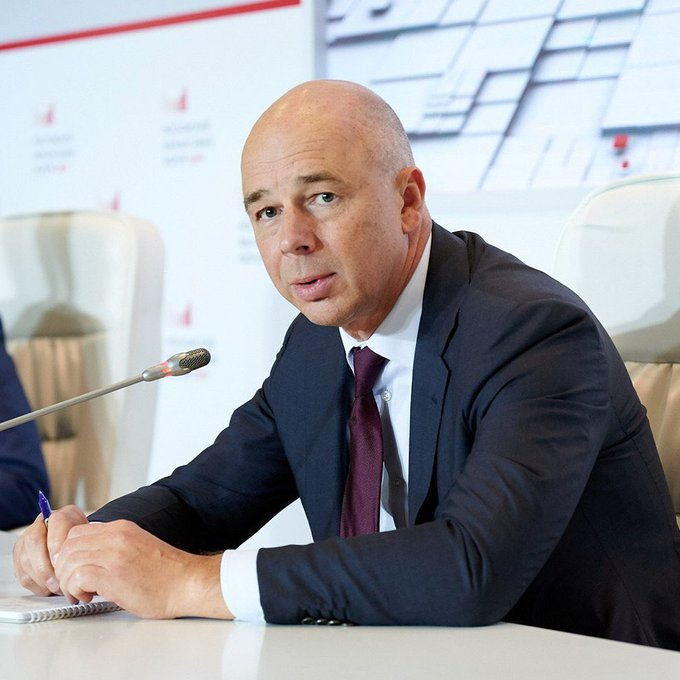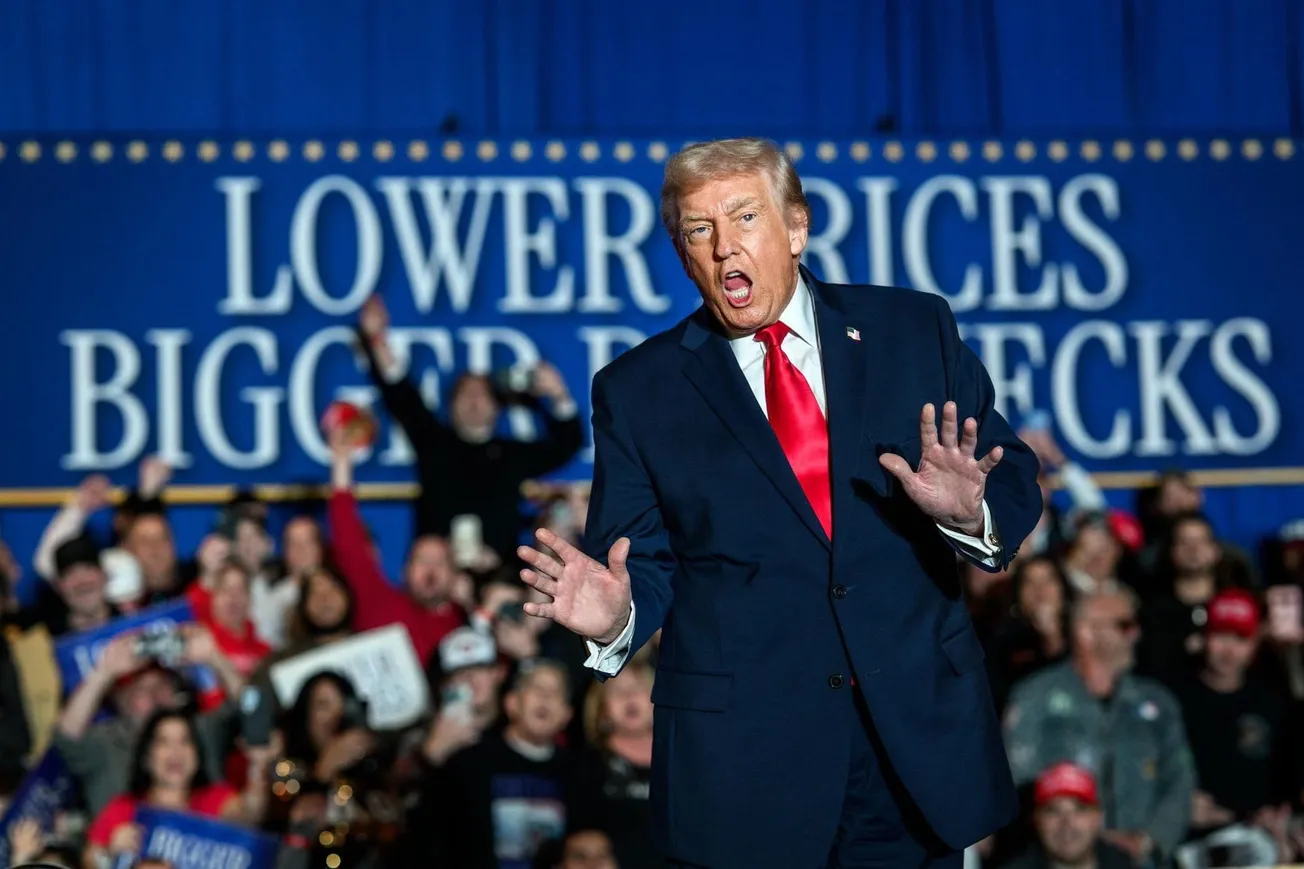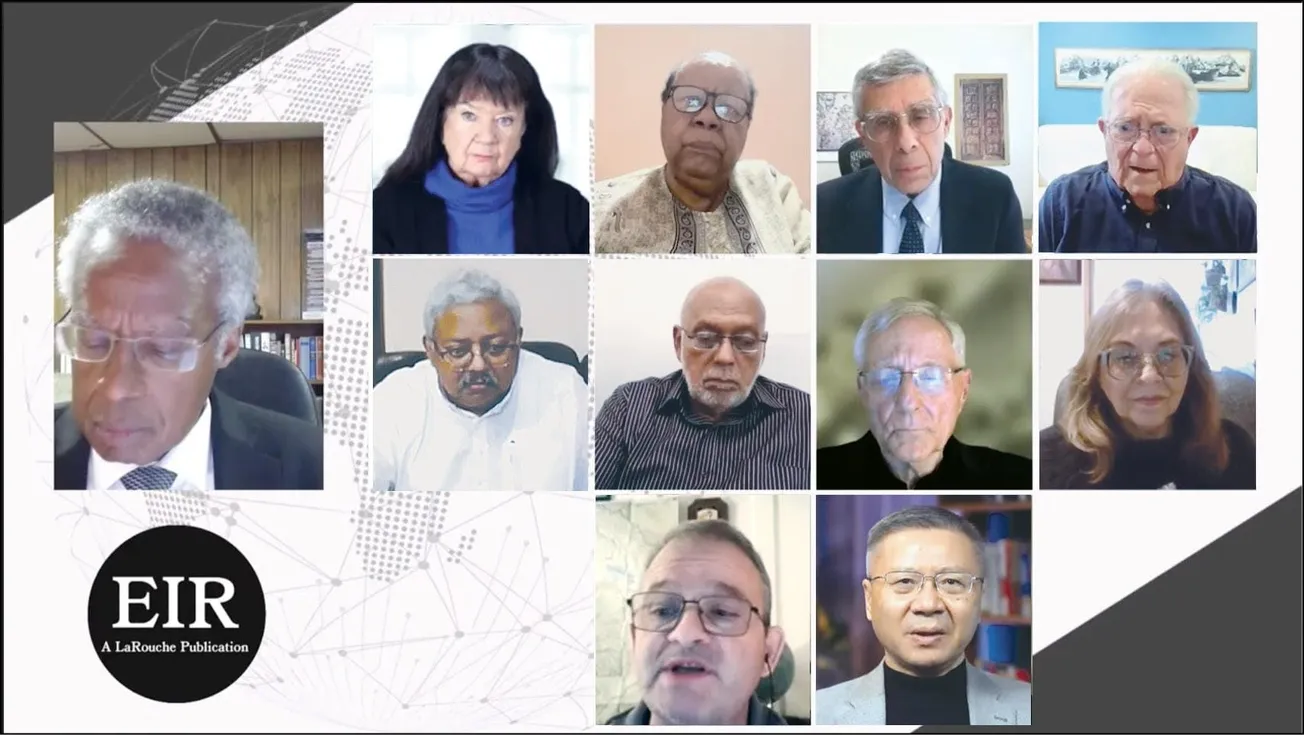Oct. 17—The meeting of the Finance Ministers and Central Bank Governors of the BRICS took place in Moscow on Oct. 10-11, preceding the BRICS summit in Kazan, under the chairmanship, this year, of Russia. Participants received a proposal from Moscow for a new cross-border payments system that focuses on a new platform linking together the central banks of the participating nations. The goal is both straightforward and urgent: to avoid the sanctions as well as the economic and currency warfare coming from the West.
On his return from the meeting, the Governor of Iran’s Central Bank, Mohammad Reza Farzin, confirmed that this new system includes developing a network of commercial banks that can conduct banking transactions in local currencies, as well as establishing direct links among central banks. Moreover, Iranian Deputy Finance Minister Ali Fekri announced Oct. 13 that Iran supports the Russian government’s proposal to “revise the international financial system.” Nour News of Iran reported Minister Fekri’s statement on Oct. 14.
The report presented by Russian Finance Minister Anton Siluanov, titled BRICS Chairmanship Research: Improvement of the International Monetary and Financial System, states that a new payments system could be protected from sanctions and seizures by “putting central banks in the middle of transactions”; by creating or using BRICS exchanges for trade in key commodities, including gold, oil, wheat, and strategic metals; and by making payments among the BRICS central banks possible in tokens (distributed-ledger digital currencies). Presumably, the central banks would make equivalent national currencies available to the banks of the respective trade partners.

The Central Bank of Russia is offering the other central banks “a common multilateral settlement platform based on modern technologies” [i.e., digital currency], says the report. The point of making a platform of a linked network of BRICS central banks, according to the Executive Summary, is to prevent any “single commercial entity” from being excluded from the system—that is, of course, by U.S. and European sanctions.








